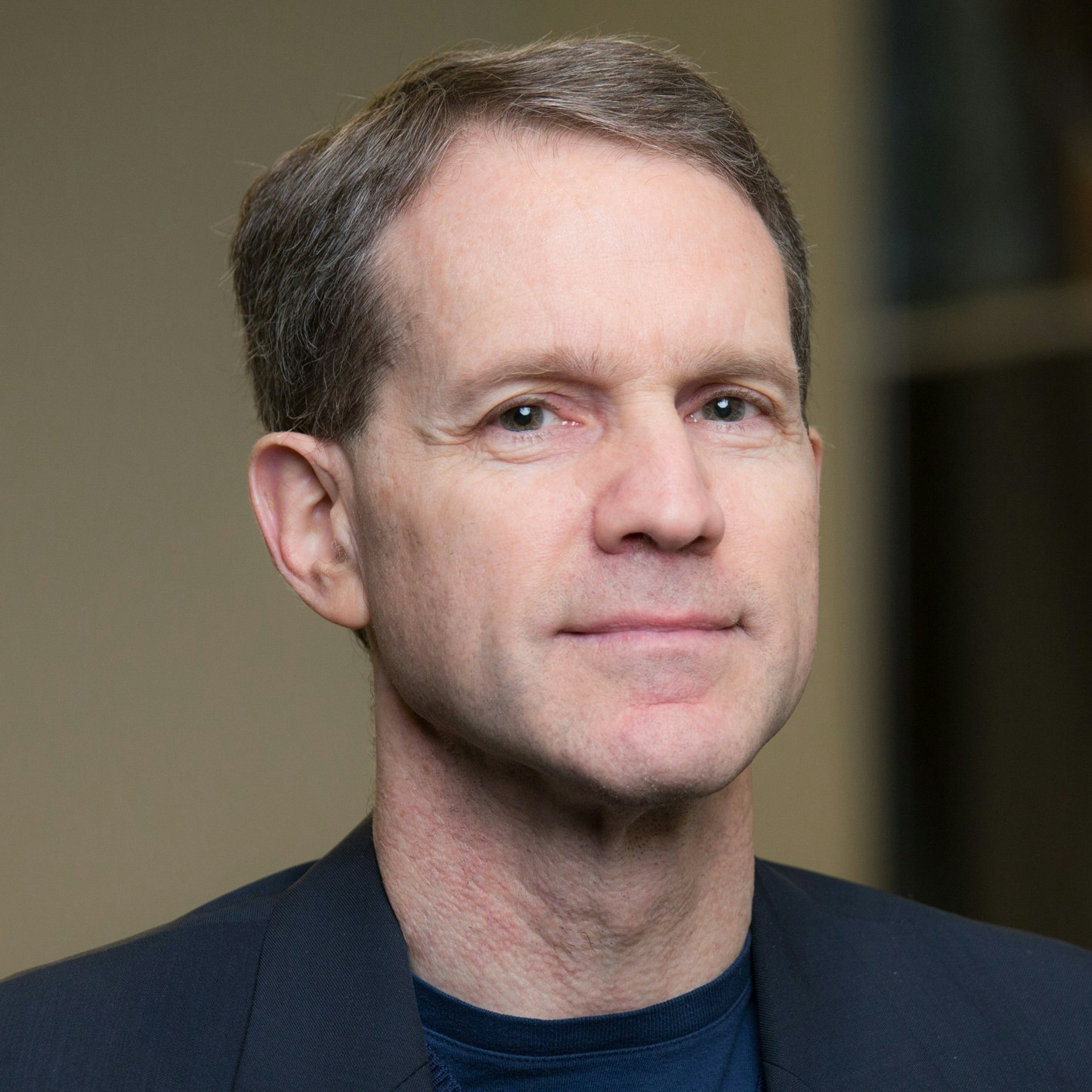UN Meeting on the Rule of Law was Just Another Day of Talk
By James Goldston
A version of this article first appeared in the Guardian’s Global Development pages.
In late September, as the death toll in Syria's civil war approached 25,000, heads of state gathered at the United Nations in New York to proclaim their "solemn commitment … to an international order based on the rule of law." The big shindig – or, in UN speak, the "High Level Meeting on the Rule of Law at the National and International Levels" – was an opportunity to advance human dignity, lay a foundation for economic development, and repair the social contract between peoples and governments which has been tattered across broad swaths of the globe.
But in the end, world leaders fell short. After more than a year of planning, all they could muster was another day of talk. It did not have to be this way.
Back in March, Ban Ki-moon had proposed much more. The UN secretary general courageously declared that states should commit themselves to an ambitious program of action containing detailed recommendations for enhancing international dispute resolution, empowering women and children, strengthening housing and property rights, and protecting victims of war crimes.
The secretary general called for clear goals, with benchmarks to measure progress, and an ongoing consultative forum – with full participation by civil society, the private sector and others – to check, sustain and bolster states' political will over time.
In short, the initial vision for the meeting offered the prospect of genuine, concrete action that might begin to constrain the exercise of arbitrary power. Which may be precisely why it provoked fierce opposition from political leaders determined not to shed an ounce of sovereignty – whether in the security council or on national territory.
Even as the dynamics of global power shift in the first decades of the 21st century, political inequalities and rivalries left a gap too wide to bridge. The lowest common denominator prevailed. There was no consensus on what the rule of law means, let alone how to promote it. The final declaration skirted the issue. Unable to agree on much else, states simply asked the secretary to – you guessed it – write another report.
What a come down.
And yet, notwithstanding how far the high level meeting fell from the secretary general's grand aspirations, the final declaration did contain a few positive notes.
It helpfully "recognise[d] the role of the international criminal court" in ending impunity, called upon states not yet parties to consider ratifying the court's Rome Statute, and "emphasise[d] the importance of cooperation with the court," as well as of fortifying domestic mechanisms for investigating and trying bringing perpetrators of grave crimes. It acknowledged the possibility of "voluntary pledges" by individual states – and more than 140 such promises were registered, albeit with no formal means of monitoring or follow-up. And, perhaps most importantly, the declaration suggested that the rule of law has a role to play in the post-2015 international development agenda.
That matters, because the Millennium Development Goals (MDGs) – specific targets to which states committed more than a decade ago to do things like halve poverty and achieve universal primary education – are up for renewal in 2015.
This very week, even as the rule of law summit disappointed, the secretary general's high level panel on the post-2015 development agenda — co-chaired by prime minister David Cameron of the UK, President Ellen Johnson Sirleaf of Liberia and President Susilo Bambang Yudhoyono of Indonesia — convenes for the first time. A big question is whether the next generation of MDGs will embrace the values of human rights, equity and political as well as economic freedom – all of which 189 states subscribed to in the UN Millennium Declaration of 2000.
As the debate over the rule of law these past months has revealed, these values are far more sensitive and, to some, more threatening than what often seem the more "technical" matters of how many kids go to school, eat properly and enjoy access to health care.
And yet, as an accumulating body of evidence makes clear, you can't have one set of public goods without the other. Good governance, human rights, and minority protections are essential preconditions for sustainable development. Health, education and human security will be more widely achieved and shared only when people have the knowledge and tools to hold government and private institutions to account.
And, as the tremors of change resonating throughout the Arab world show, the rule of law is both valued, and valuable, in its own right.
After the assembled presidents and prime ministers leave New York later this month, the challenge of infusing justice into the next generation of MDGs will be their next major test. Can they summon more foresight for this task than they managed in supporting the rule of law?

James A. Goldston is the executive director of the Open Society Justice Initiative.